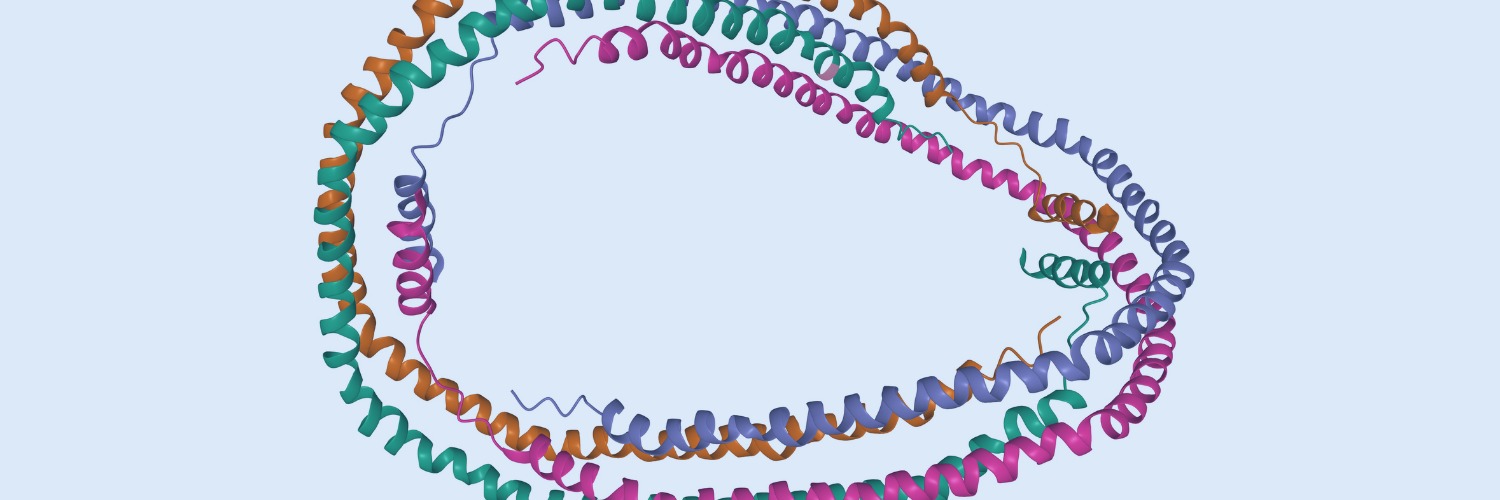FRIDAY, Jan. 20, 2023 (HealthDay News) — Despite a decreasing trend, the risk for suicide is still elevated among individuals with cancer, according to a study published online Jan. 20 in JAMA Network Open.
Xin Hu, M.S.P.H., from Emory University Rollins School of Public Health in Atlanta, and colleagues conducted a population-based cohort study involving individuals diagnosed with cancer from Jan. 1, 2000, to Dec. 31, 2016, from 43 states in the United States who were followed through Dec. 31, 2016. Suicide risks were compared in the cancer cohort versus the general U.S. population using standardized mortality ratios (SMRs). Data were included for 16,771,397 individuals with cancer.
The researchers found that the overall SMR for suicide was 1.26, with a decreasing trend from 1.67 in 2000 to 1.16 in 2016. Across all sociodemographic groups, elevated suicide risks were seen in the cancer cohort compared with the general population, with especially high SMRs for Hispanic individuals, Medicaid-insured individuals, Medicare-insured individuals aged 64 years or younger, and uninsured individuals (SMRs, 1.48, 1.72, 1.94, and 1.66, respectively). The SMR was highest in the first six months after cancer diagnosis (SMR, 7.19). Relatively higher suicide risks were seen for cancer types with poor prognosis and high symptom burden in the first two years after diagnosis. After two years, higher suicide risks were seen for individuals with cancer subject to long-term quality-of-life impairments.
“Geographic, racial and ethnic, socioeconomic, and clinical characteristics, some of which are modifiable, contributed to the elevated suicide risks among individuals diagnosed with cancer,” the authors write. “Screening and tailored social and psycho-oncologic interventions are needed for suicide prevention in this vulnerable population.”
Two authors disclosed financial ties to AstraZeneca.
Copyright © 2023 HealthDay. All rights reserved.















